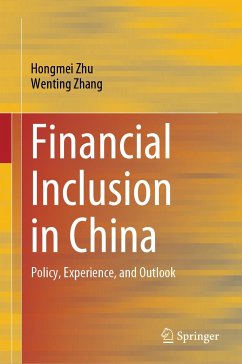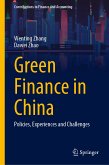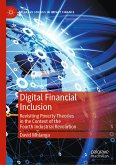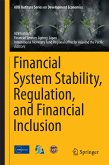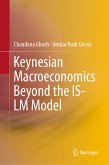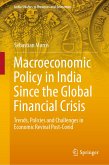China has attached importance to improving financial services for disadvantaged groups such as rural residents, micro-, small and medium enterprises (MSMEs) and others. In 2013, Developing "Inclusive Finance" became China's national strategy. In 2015, China formulated the Plan for Promoting the Development of Inclusive Finance (2016-2020). In 2016, during its presidency of the Global Partnership for Financial Inclusion (GPFI), China proposed the issue of "Digital Financial Inclusion" and issued the G20 High-level Principles for Digital Financial Inclusion at the G20 Hangzhou Summit in the same year. Through policy guidance and active practice by the financial sector, China has gradually formed a unique development model of inclusive finance and achieved remarkable successes. Physical outlets, service machines and online service channels have been improved, and basic financial services have generally covered both urban and rural areas. The financial services for rural households and MSMEs have improved significantly. The efficiency and convenience of financial services have been significantly improved, and the satisfaction of financial services has significantly increased. China's experience in inclusive finance has been recognized by the international community. In 2017,five cases from China were selected in the G20 report on Digital Financial Inclusion: Emerging Policy Approaches.
Dieser Download kann aus rechtlichen Gründen nur mit Rechnungsadresse in A, B, BG, CY, CZ, D, DK, EW, E, FIN, F, GR, HR, H, IRL, I, LT, L, LR, M, NL, PL, P, R, S, SLO, SK ausgeliefert werden.
Hinweis: Dieser Artikel kann nur an eine deutsche Lieferadresse ausgeliefert werden.

